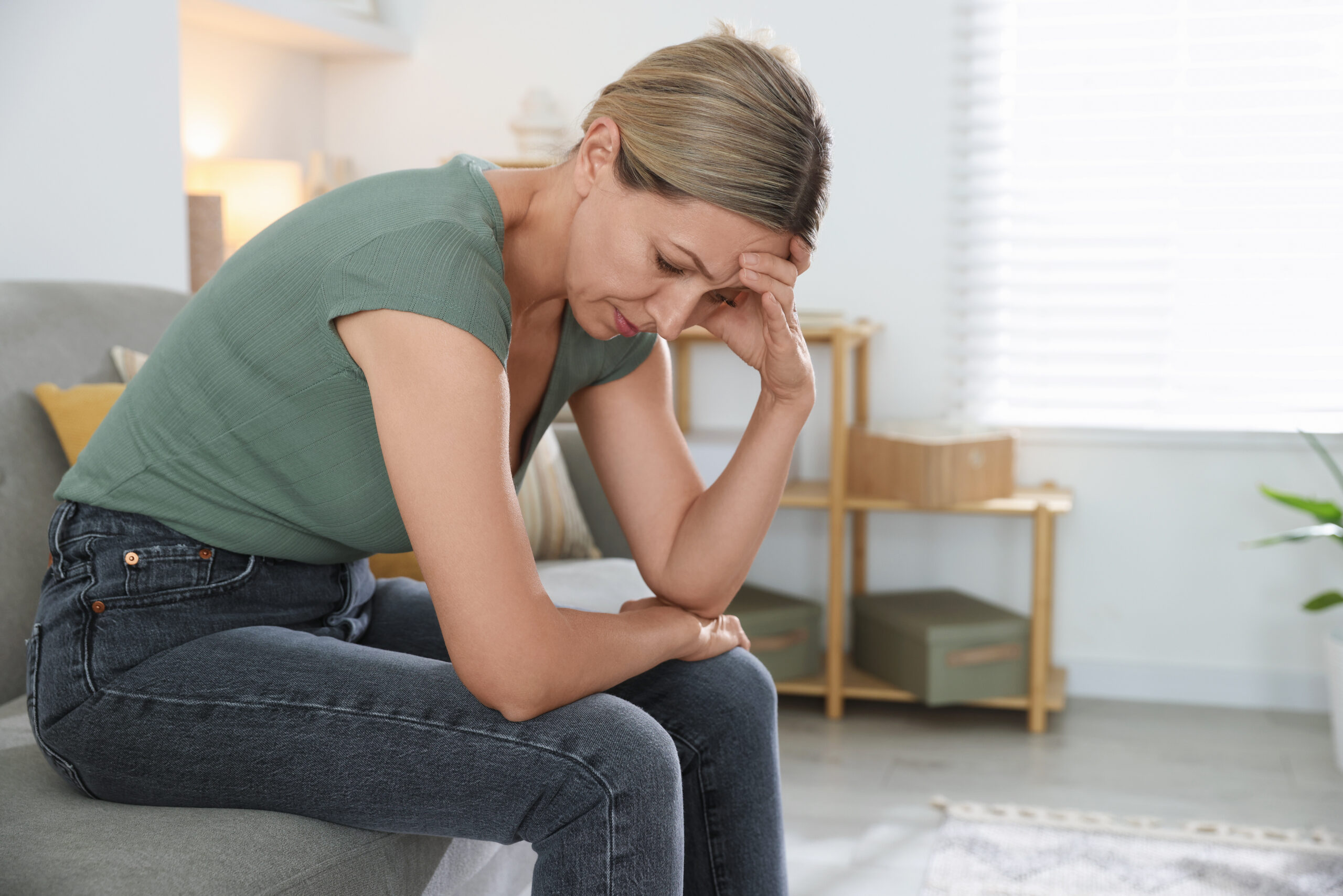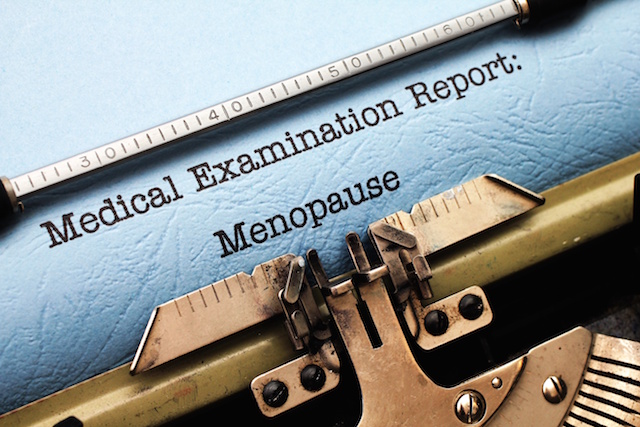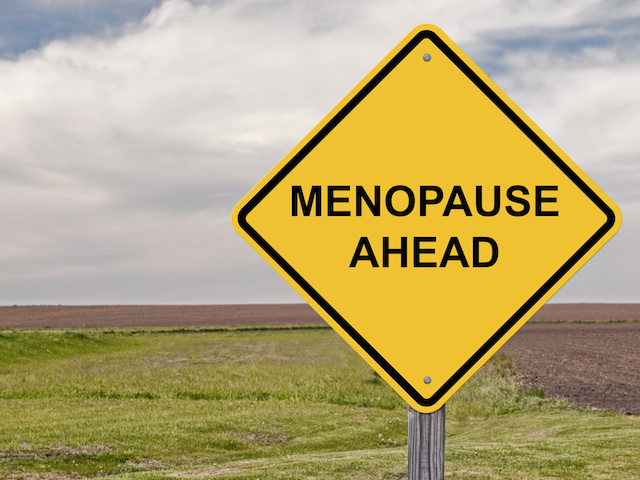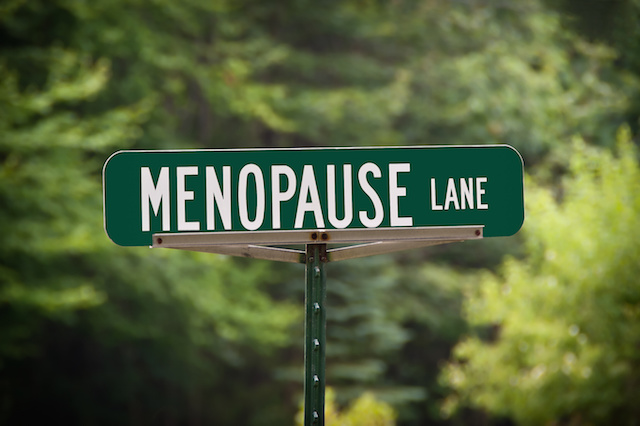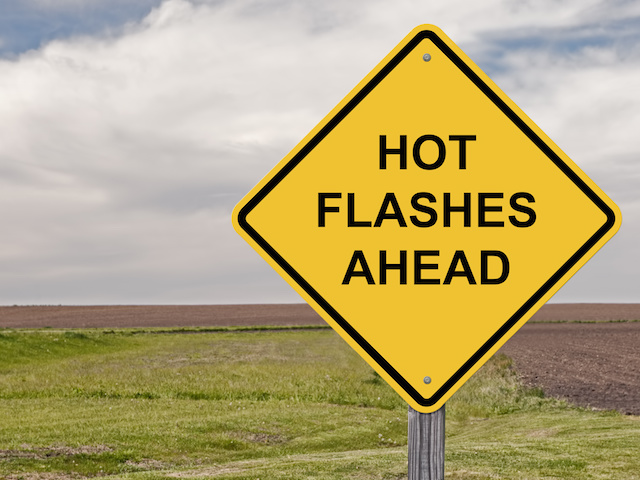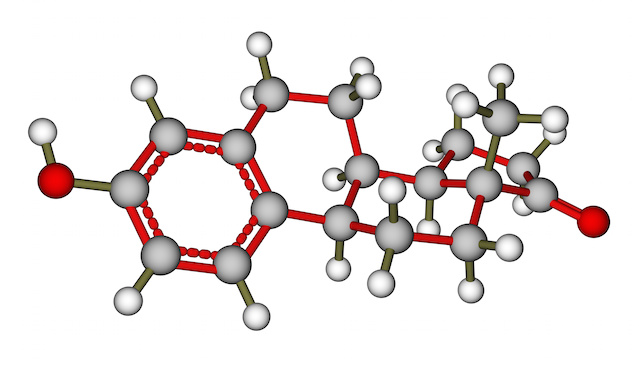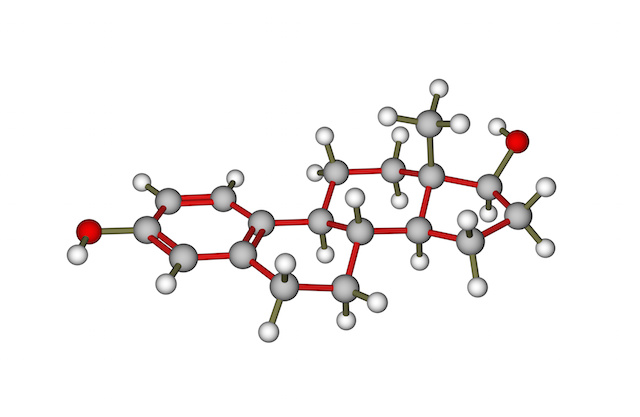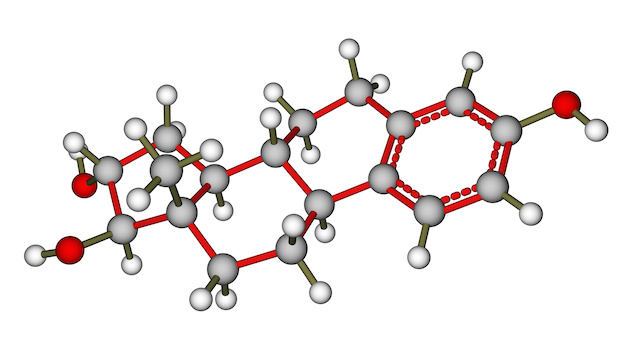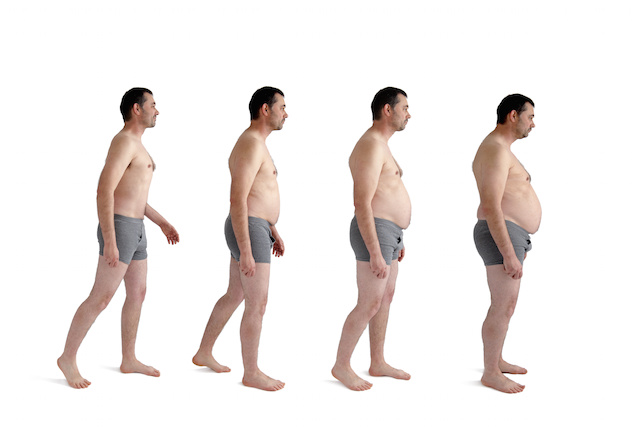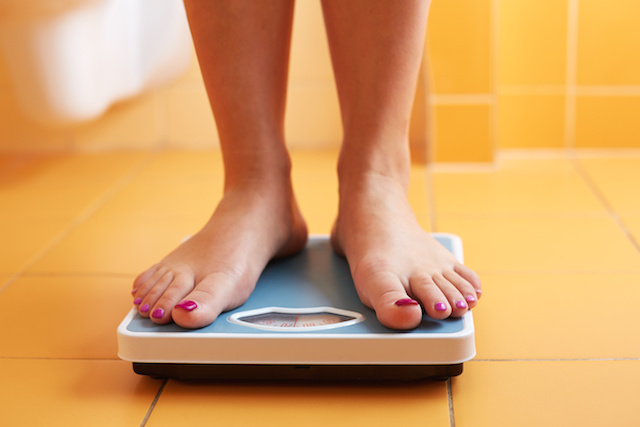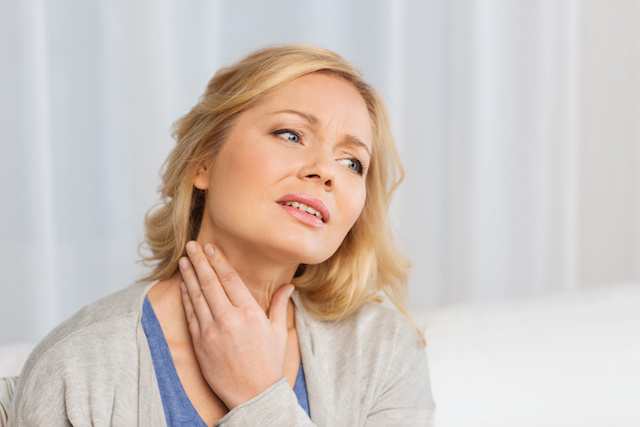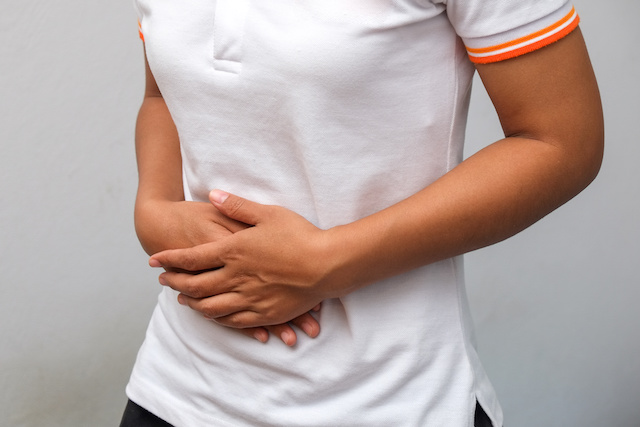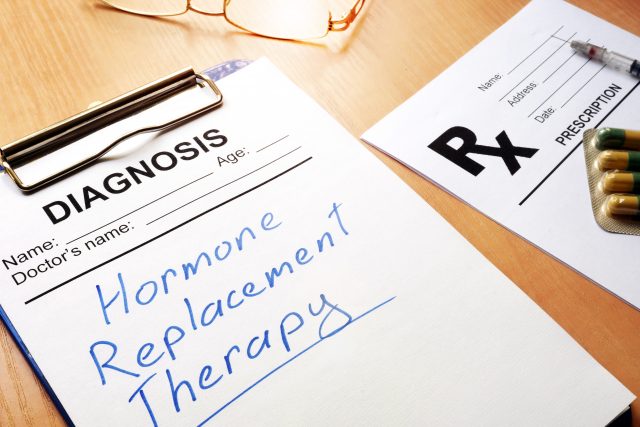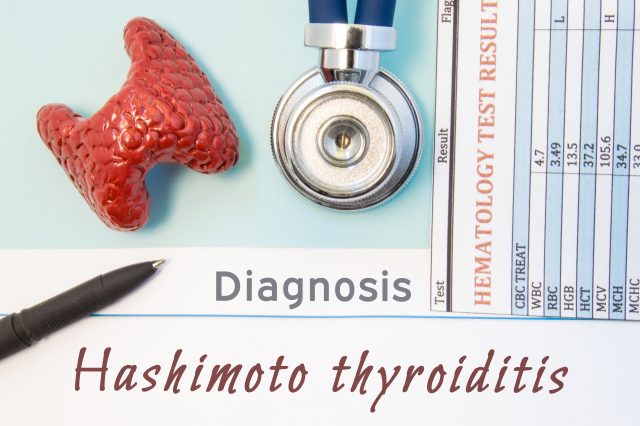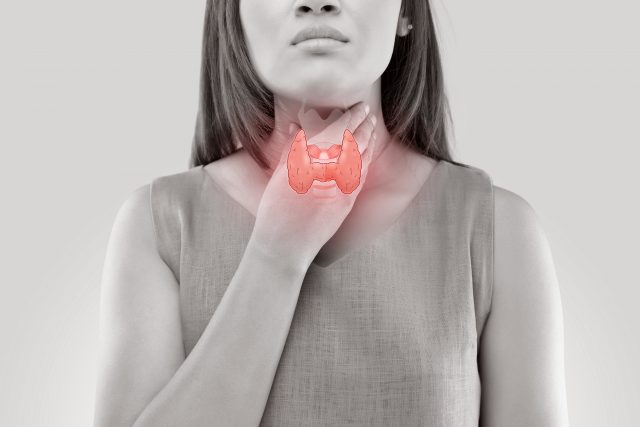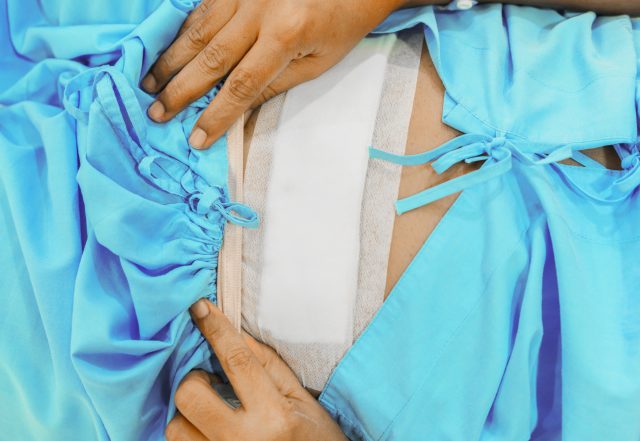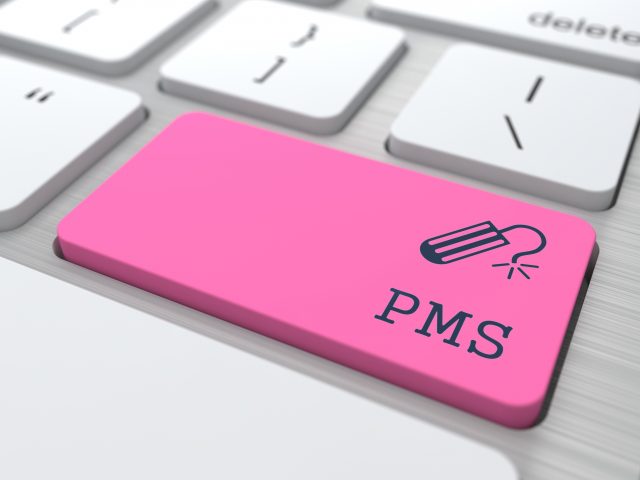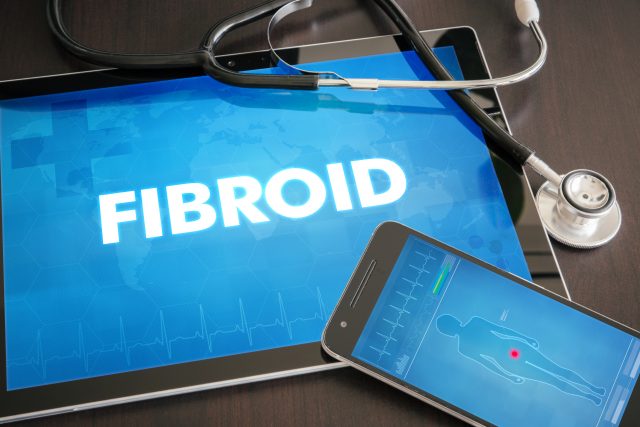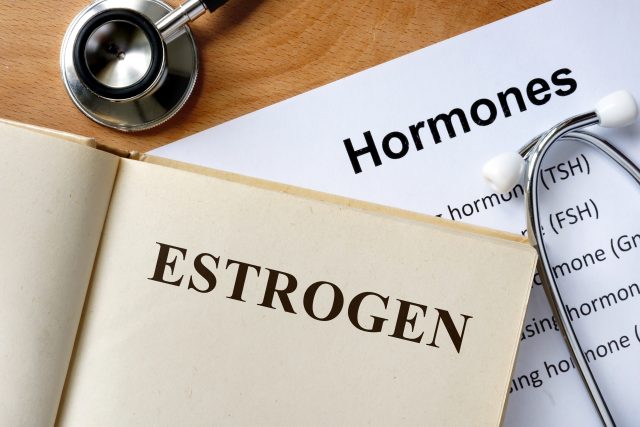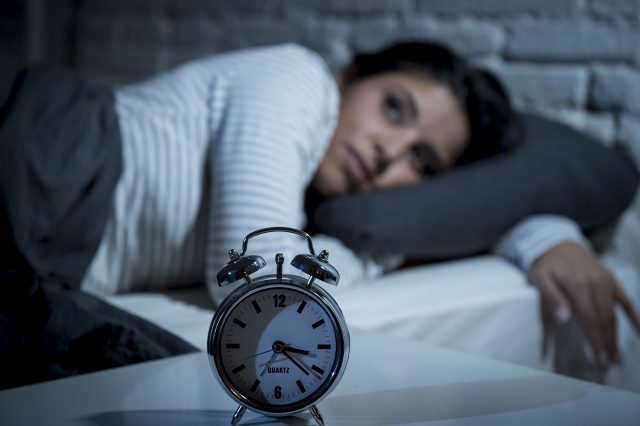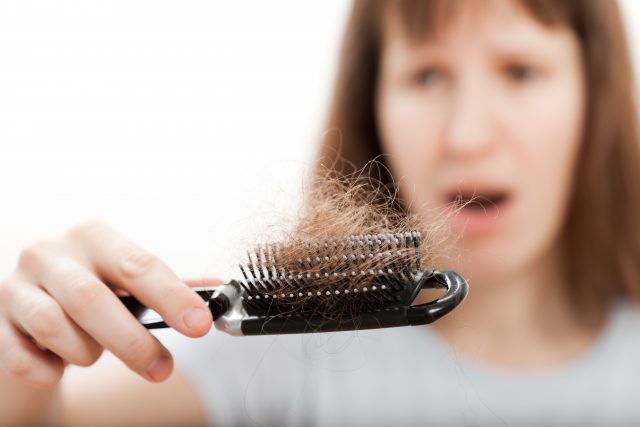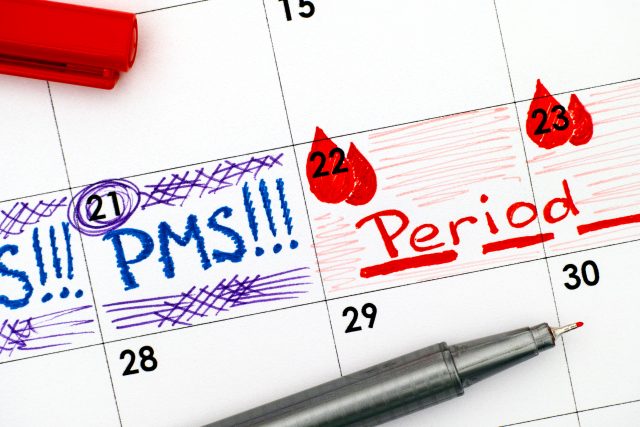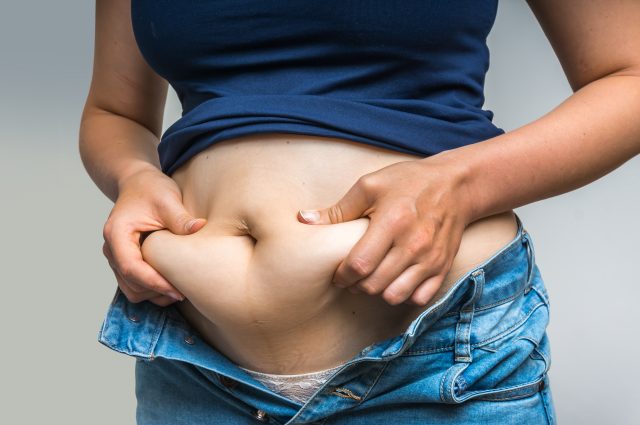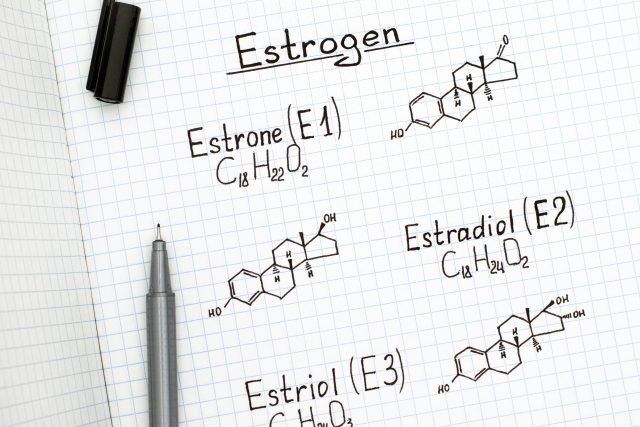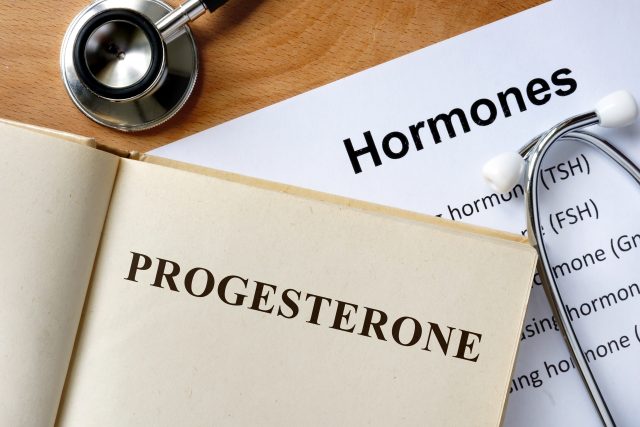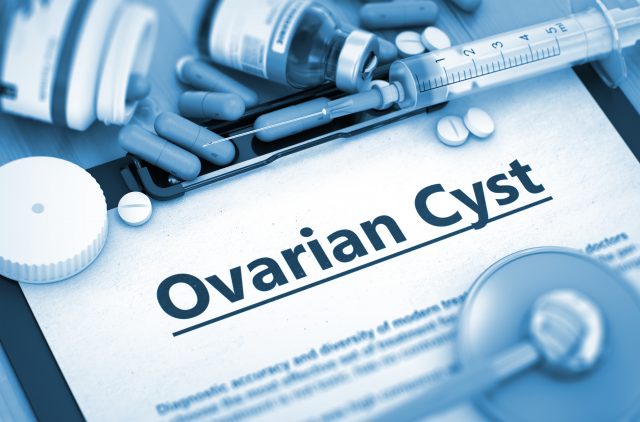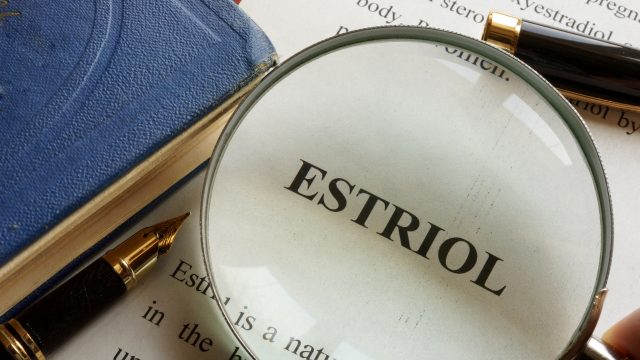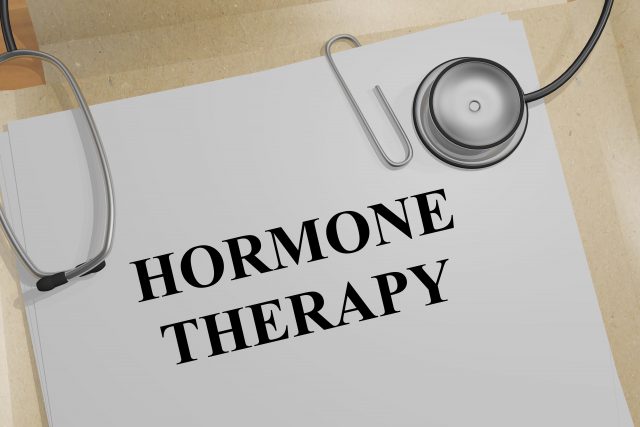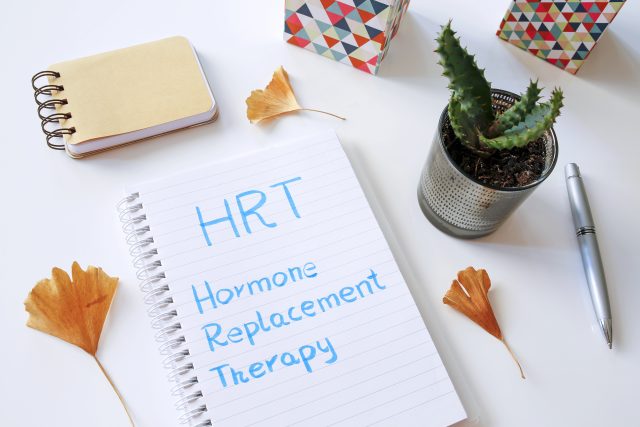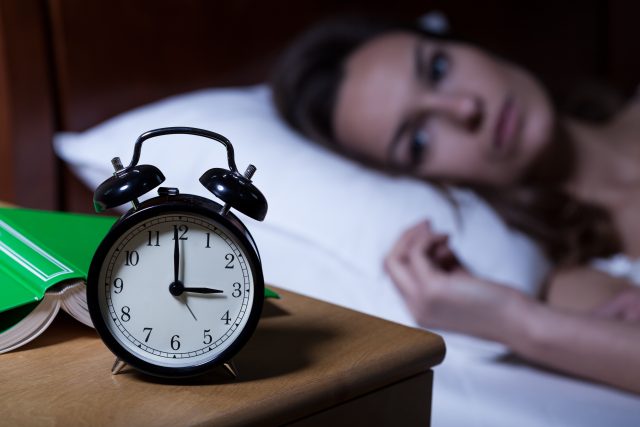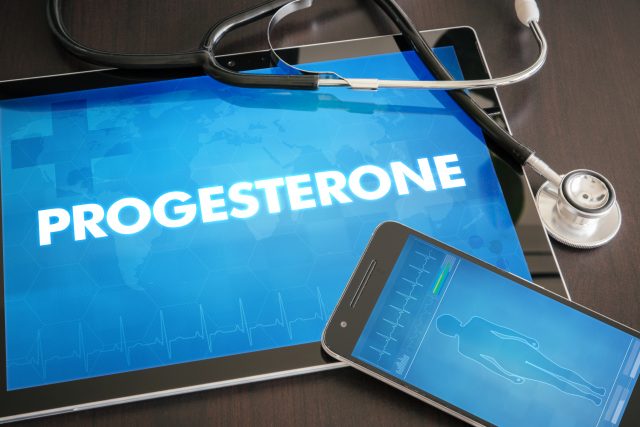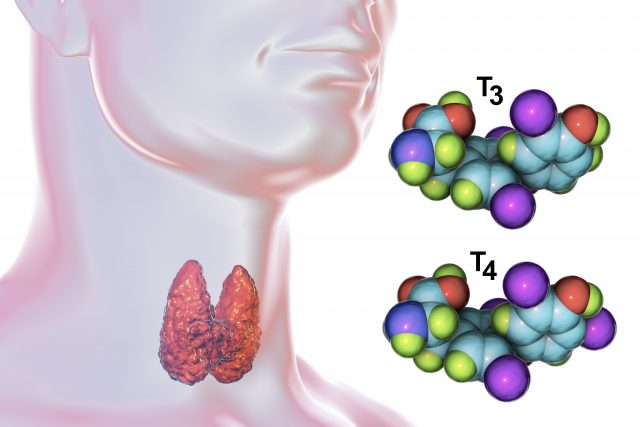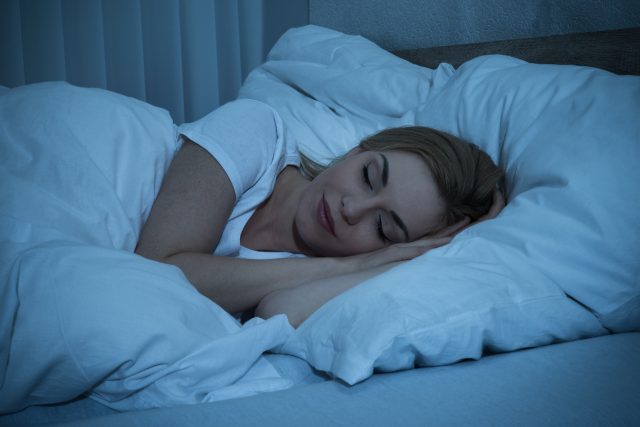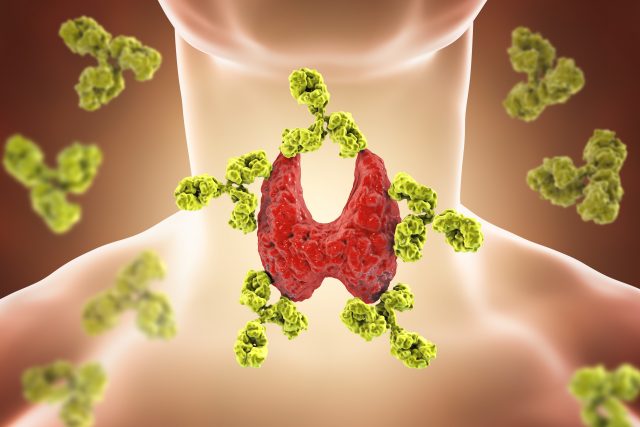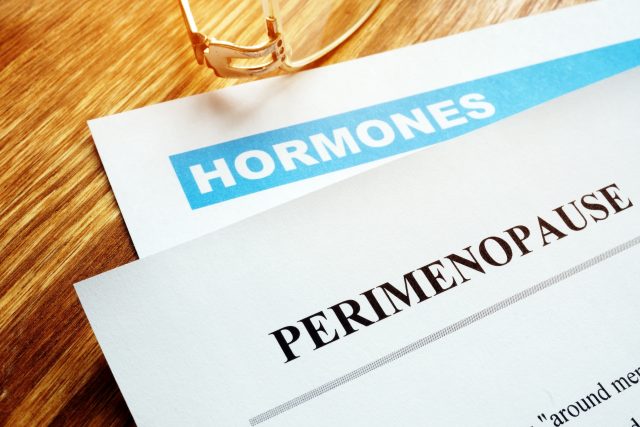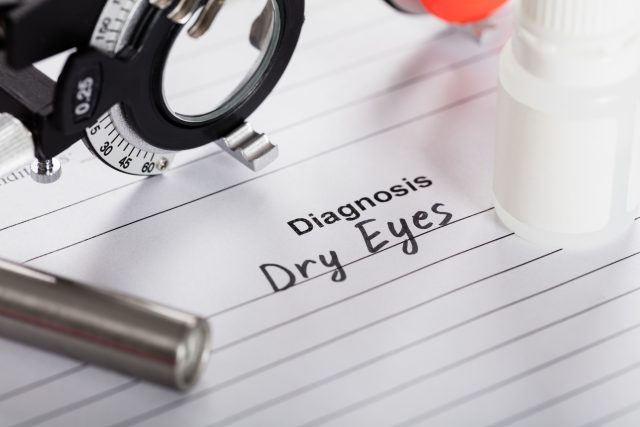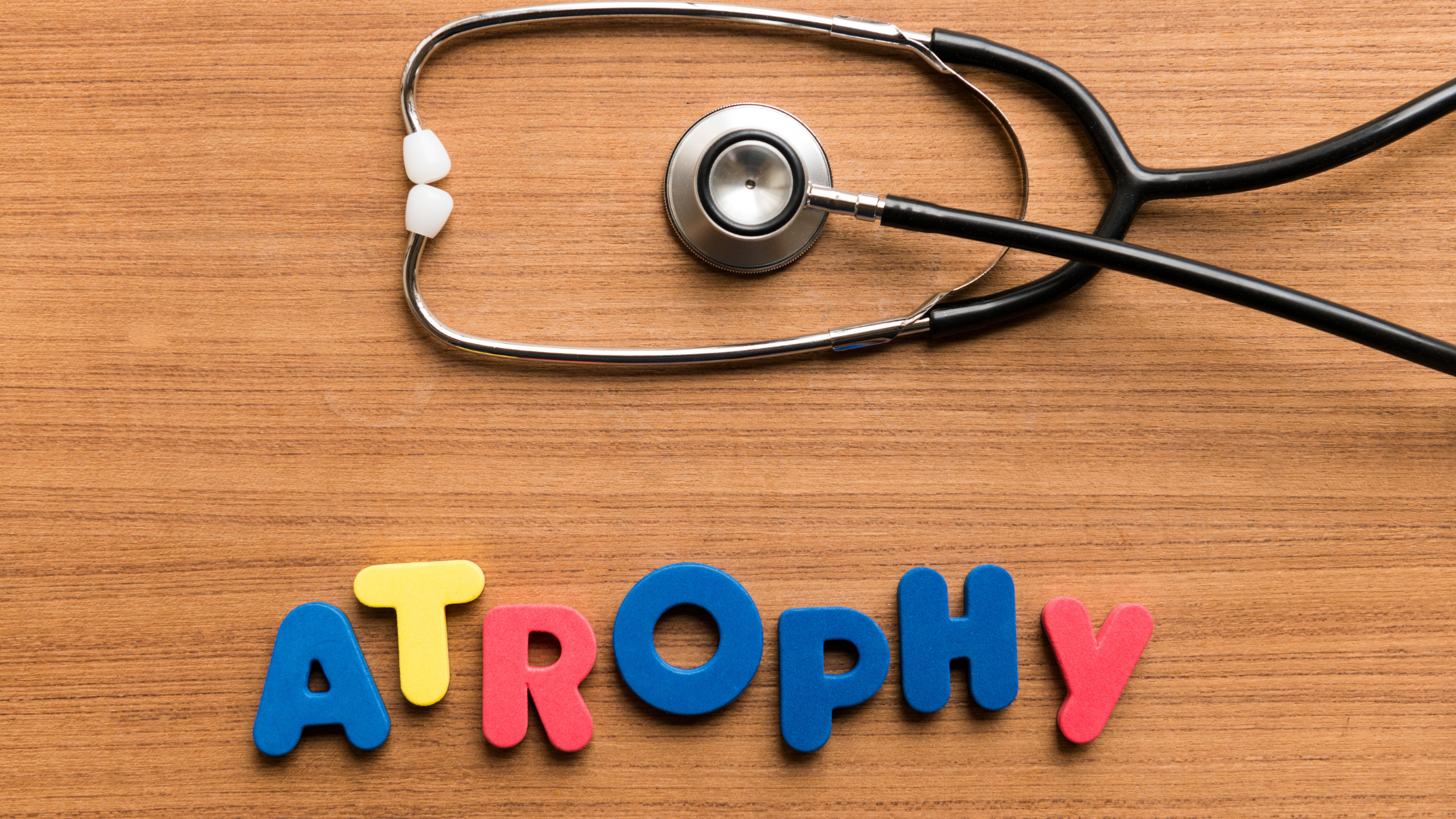Why is Perimenopause so Horrible?
Everyone talks about the personality changes that puberty brings. We have all laughed and feared when sweet little kiddos turn into hormone devils. The hormonal teens with mood swings, crushes, forgetful, hungry, sleeping all day, body hair, acne, and periods. But none of this compares to the perimenopausal woman.
The perimenopausal woman is the ultimate hormone queen. I can say this without judgment because, not only have I treated many perimenopausal women, but I am one myself. And if anyone of you reading this has experience being perimenopausal or dealing with a family member that is perimenopausal, you can all relate. Band all of us perimenopausal women together, and we could bring down any army. And throw in Type-A personality and perimenopause, we could bring peace to the middle east. By way of destroying everything in our way. Because, yes we can be ‘that mean.’ Perimenopause can be awful. In this blog, I am going to explain why perimenopause can be a difficult time. But I am also going to tell how you can make perimenopause a smooth transition of life.
What is Perimenopause?
From the time of puberty, hormones are running the show. From reproduction to mood to weight changes to sleep patterns. Hormones are a pretty big deal. In the case of perimenopause, the reproductive hormones have altered causing symptoms. These symptoms can be hardly noticeable in some women. And others, the symptoms are so severe that not only do their family members scramble to get out of their way. But women describe not even wanting to be in the same room with themselves.
First I want to explain the 28-day menstrual cycle. I will keep it short and simple. So please try not to yawn too much. A menstrual cycle is typically 28 days. The primary hormones released in the menstrual cycle are estrogen and progesterone, and they are changing on a daily basis. For example, day 1-5 of a cycle, when a woman is having her period, the estrogen and progesterone are pretty much zero, which allows the lining of the uterus to slough off in the form of a period.
From day 5 to day 14 estrogen is secreted. Estrogen is maturing and preparing the egg to be released from the ovary. On day 12 of the cycle the estrogen spikes very high, which is a signal for the egg to leave the uterus (ovulation). Once there is ovulation, progesterone is secreted.
We only make progesterone from day 14 to 28(period), not all month long. Once there is ovulation the progesterone climbs and is the highest level on about day 21. The estrogen lingers after ovulation and will eventually wane until day 28, and we get our period.
The key in perimenopause is we stop ovulating, hence stop making as much progesterone. The difference between perimenopause and menopause is, in menopause, the estrogen and progesterone are both decreased. Whereas in perimenopause, the estrogen has dropped a small amount, but the progesterone is non-existent. That is the key distinction in perimenopause, the estrogen is present, but the progesterone is not. Perimenopausal women still will get their periods because they are making estrogen. But the lack of progesterone can cause havoc with moods and bodies.
Symptoms of perimenopause:
- Irritability: this is the number one symptom.
- Low patience, gets irritated at the littlest things
- Insomnia: trouble staying asleep (reference Ghost-type in Types of Adrenal Fatigue), which is the second most common symptom in perimenopause.
- Night sweats, especially before a period
- Acne
- Hair loss
- Weight gain and cannot lose weight
- Fatigue
- Lowered short-term memory retention
- Heavy periods
- Irregular periods from two periods in a month to a period for 21 days.
- Weepy/sad then in an instantly irritable
- Bloated
- Cravings for carbs and sugar
- I mentioned irritable right?
What can I do to glide through perimenopause like a graceful swan?
Nothing about hormones is graceful, but here are some treatment ideas that might help your perimenopausal symptoms (BTW: Swans are not all that graceful, check out youtube videos).
Prescriptions:
Conventional treatment: I do not like any of the conventional medical treatments for perimenopause. Birth control is a terrible option. I do not want any woman 40+ years old taking birth control pills. The hormonal IUD will help with heavy periods but will do nothing for any of the other symptoms, especially the irritability. Giving any synthetic hormones is just a risk factor and has its own set of side effects. Another conventional treatment for perimenopause is antidepressants. I think providing antidepressant medication should be the very last resort for a perimenopausal female. It may help the mood, but it will not help any of the other symptoms. And the discontinuation syndrome of coming off antidepressants can be a long process. All the other medications such as benzodiazepines are addictive, many side effects and can make symptoms worse. I know you are thinking, what doctor would prescribe a woman benzodiazepines for perimenopause? I know many perimenopausal women that have been prescribed Xanax, Klonopin.
Bioidentical Hormone Replacement Therapy (BHRT):
Progesterone is a great way to balance perimenopause. As mentioned above, in perimenopause the progesterone plummets which contributes the symptomology. Rather than just giving a woman progesterone, it is important to test it. I like to have a ‘before’ progesterone level and then check as we are treating with progesterone. There are many ways to test progesterone, but I find that I like to do a blood test. If a woman is having a regular period, then I want to check the progesterone on day 21 when it should be at the highest in her cycle. There are many ways to provide progesterone. In perimenopause, I like oral capsules of bioidentical progesterone.
Oral progesterone raises the GABA and reduces cortisol much more effectively than a cream. This will help with night sweats, skin, sleep, reduces heavy periods. It also helps control sugar cravings and weight gain. But MOST importantly, it helps with the mood. It reduces the irritability, rage and general crankiness (the top symptom in perimenopause). Make sure to use only bioidentical progesterone, and it is only available as a prescription. Most conventional doctors will not prescribe bioidentical progesterone or bioidentical anything. So if you are looking for progesterone treatment, see a naturopathic doctor or functional medicine practitioner that has prescriptive rights.
Dietary Change:
What we put in our bodies has a tremendous effect on our hormones. And the cool part here is, we have control of what we eat. Remember when you were 24 years old and could eat a huge bacon cheeseburger, french fries and wash it down with both a milkshake and three beers without gaining a pound? If I even attempted half of that, I would be five pounds heavier the next day and feel like I went two rounds with Ronda Rousey (of course she would have pillows for gloves and be blindfolded). When we are young, our reproductive hormones are at a high and help our bodies tolerate the garbage we put in it. A diet high in sugar, processed carbohydrates, and refined foods will spike your insulin and cortisol causing glucose imbalance. This can make us tired, fat and all the perimenopausal symptoms worse. The goal is to reduce the insulin and glucose burden on the body and keep cortisol down. The very best way to do this is to reduce carbohydrates, increase healthy fats and have moderate protein intake. I know you all have heard of this, but sometimes in our fast-paced world, it is hard to implement. Click here on this link for our dietary guide to balancing hormones and losing weight. Its free and we wrote this because we all (myself included) have a hard time managing cortisol, insulin, glucose, and fitting in my jeans.
What not to do in perimenopause:
DO NOT diet. I know our metabolisms are not the same as when we were in our 20’s. But do not restrict your calories. Trust me; I remember the caloric restriction diets in the 80’s and the ‘fat-free’ 90’s. As hard as it is, throw out that old dogmatic thinking beat into our brains that fewer calories means weight loss. It is not true. I am in my mid 40’s, and we all know if you stop eating, you might drop a few only to gain a lot more back. And restricting calories causes all the perimenopausal symptoms to get worse, especially the irritability.
Lifestyle: The environment we live in can help or hurt our hormone balance. Reduce intense cardiovascular exercise and do more weight/resistance training. Intense cardiovascular activity will raise cortisol. Which then aggravates insulin and glucose. Your body will try to make more cortisol at the expense of your adrenal hormones, DHEA, and pregnenolone. And it will deplete what little progesterone you have trying to make more cortisol. As mentioned before, when we are young and have loads of awesome reproductive hormones, we can compensate for the crap we put in our bodies and the stress we put on it. But once we hit perimenopause, our adrenal glands take a huge hit and have to work extra hard. Weight resistance training can help upregulate growth hormone, testosterone and reduce the load of cortisol.
Reduce stress: We have busy lives, and it can be very stressful. This is not a personal development blog, but in perimenopause, we have to reduce our stress. Whether this means you delegate work or hire people to take pressure off of you. Or you take more vacations or staycations. You have to reduce your stress. Mental stress raises cortisol and insulin. Stress depletes your healthy adrenal hormones, DHEA, and pregnenolone. It decreases our happy neurohormones serotonin and dopamine. Do what you got to do to reduce mental stress: meditate, get rid of toxic people in your life, get a therapist, turn off your phone, hire people to clean your house, leave work at 5 pm, change your name and move to Costa Rica. Reduce stress for your health. Because in perimenopause our bodies cannot tolerate stress like it could when we were 25 years old.
Supplements:
There are lots of supplements for perimenopause and hormone balancing. And there are a lot of supplements that are healthy for us. But for this post, I am going to give you the nitty-gritty supplements aimed at the symptoms of perimenopause.
Like I mentioned above when we hit perimenopause, and our sex hormones can no longer compensate for stress, food, and lifestyle. So our weak adrenal glands have to pick up the slack. The most important supplement you can take for perimenopause is adrenal supplements. Even though you do not need a prescription to purchase supplements, you should still check with your naturopathic/functional medicine doctor if you are a candidate.
Pregnenolone: Pregnenolone is a beautiful hormone that is secreted mainly by the adrenal glands and in lower levels, the brain, and spinal cord. Pregnenolone is excellent for short-term memory. When we are young, we have a lot of pregnenolone, which is why we can remember everything when we are 20 years old. Or why your kids correct your memory all the time. But pregnenolone is a ‘pro-hormone’ that can convert to progesterone. Pregnenolone is helpful in perimenopause because it can help reduce cortisol and raise progesterone.
Do not take too much pregnenolone. Being a prohormone, if you take too much pregnenolone, it can convert to other hormones such as testosterone and cause side effects. That is why I always have patients take lower doses such as 10mg to 30mg a day of pregnenolone. I like this brand because it comes in a low dose, has high-quality ingredients and a fantastic price point:
DHEA: DHEA is mainly secreted from the adrenals glands and in lower levels the ovaries. DHEA is a prohormone and for us ladies, will convert to testosterone. To make sure we have adequate levels of testosterone, we need adequate levels of DHEA. Also, DHEA is inversely proportional insulin. Insulin is the only fat storing hormone. Keeping DHEA at adequate levels means insulin is reduced and less weight gain.
Also, low levels of DHEA reflect high levels of cortisol. By raising DHEA can reduce cortisol helping with perimenopausal symptoms. IMPORTANT: Do not take too much DHEA. Taking too much DHEA can cause androgen symptoms such as acne, hair loss on head, hair growth on the face to name a few. Doses for females should start at 5mg and not go higher than 15mg a day. I like this brand because it comes in lower doses and has a great price point.
Adrenal Support: As I mentioned above, in perimenopause, adrenal support is the most important. For perimenopause, having a combination formulation of adaptogenic nutrients/herbs and adrenal glandular is helpful for energy, mood, and cravings. Taken in the morning, makes this supplement your new bestie. Because for women in your 40’s, not only is it is helpful for perimenopause, your adrenals will thank you. Adren-All 120 caps
L-theanine: Forget benzodiazepines! L-theanine is helpful for angst. In perimenopause, because the progesterone is reduced, can cause angst and worry. L-theanine is an amino acid that can help in the moment for stress and angst. But unlike the benzos, it is non-habit forming, no side effects and does not reduce performance. Meaning, you can still drive a car, give a speech and socialize without looking like the ‘Housewives of Dr. FeelGood.’
Evening Primrose Oil (EPO): For any female hormone imbalance I cannot leave out evening primrose oil (EPO). EPO is great for balancing hormones without having any hormone supplementation. It is great for females of all ages, from puberty to perimenopause. 1000mg a day supplementation is a good dose.
I promise Perimenopause doesn’t have to be horrible and can be a healthy time of life. If you would like more information and education about what you can do to make Perimenopause an enjoyable time of life, check out our Perimenopause Masterclass.
If you have any questions, feel free to leave a comment below, or you can send us an email at [email protected].
